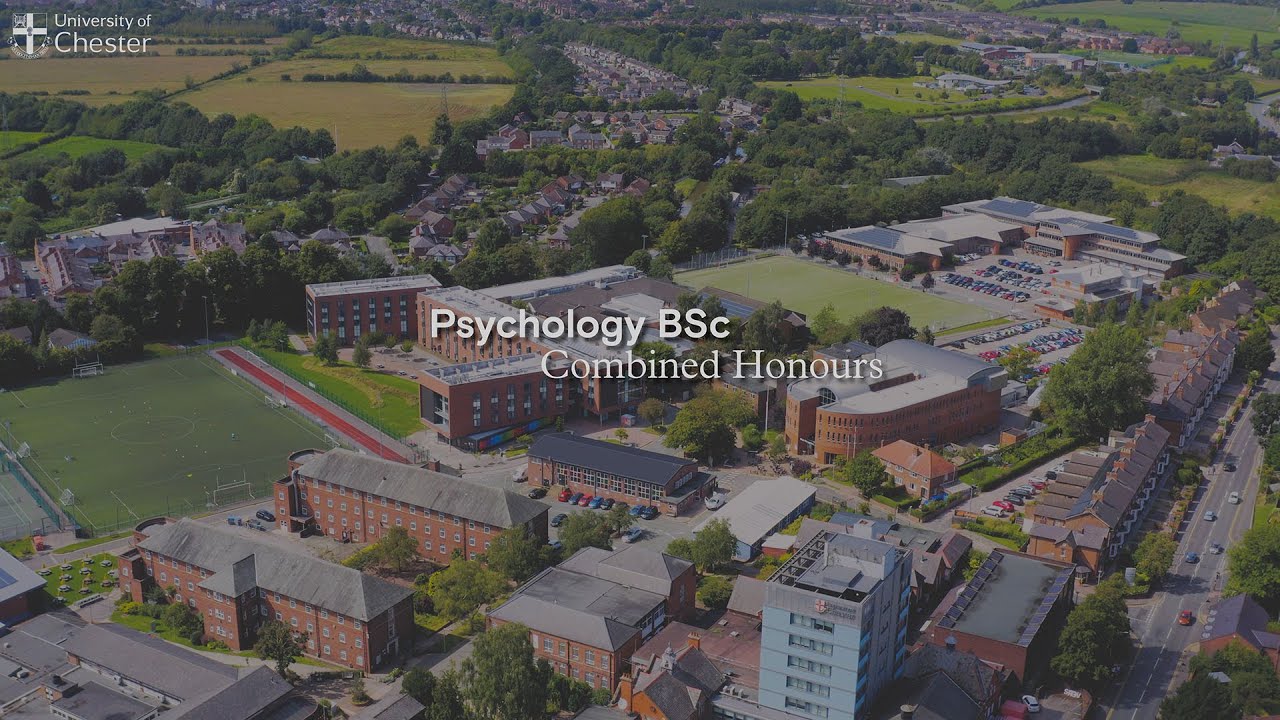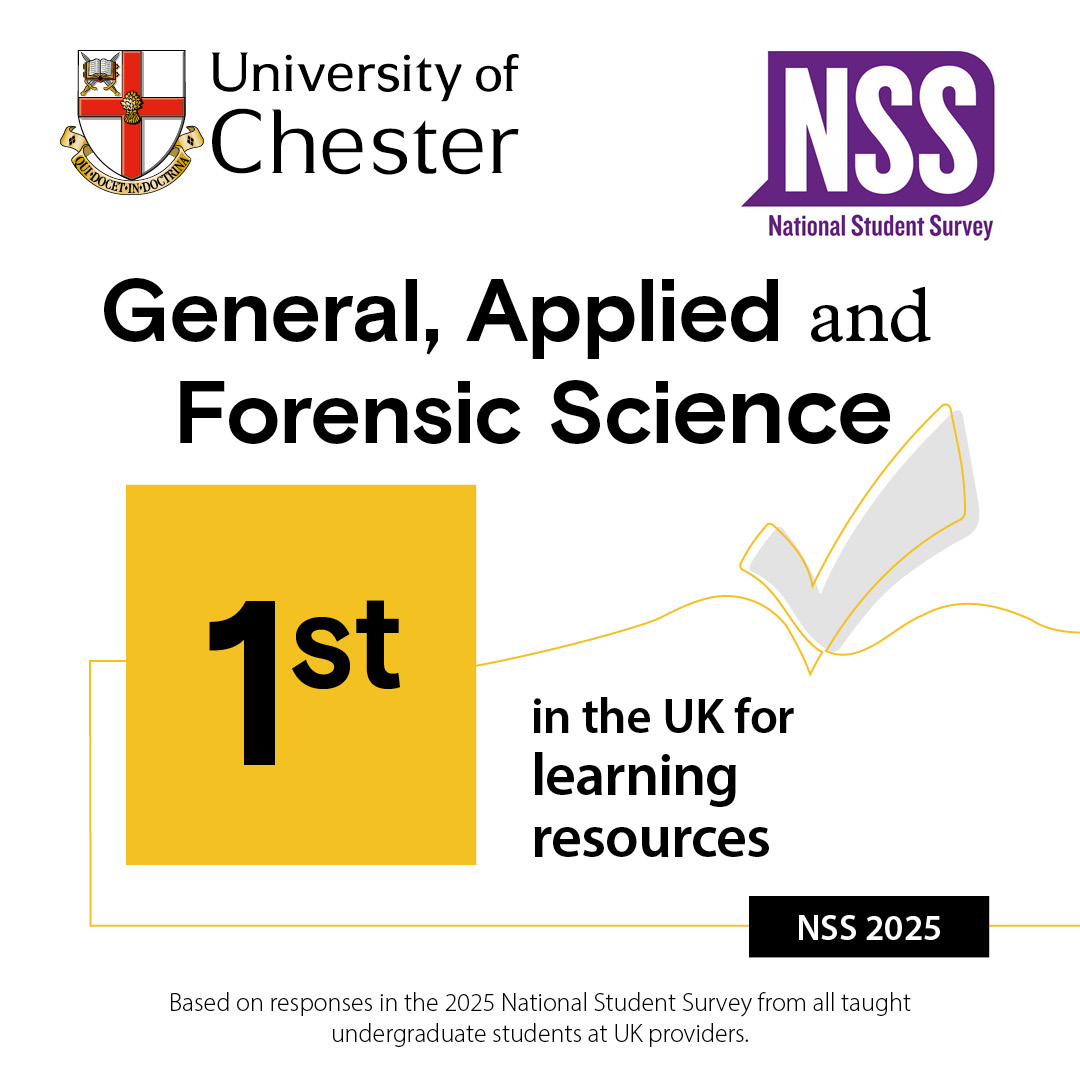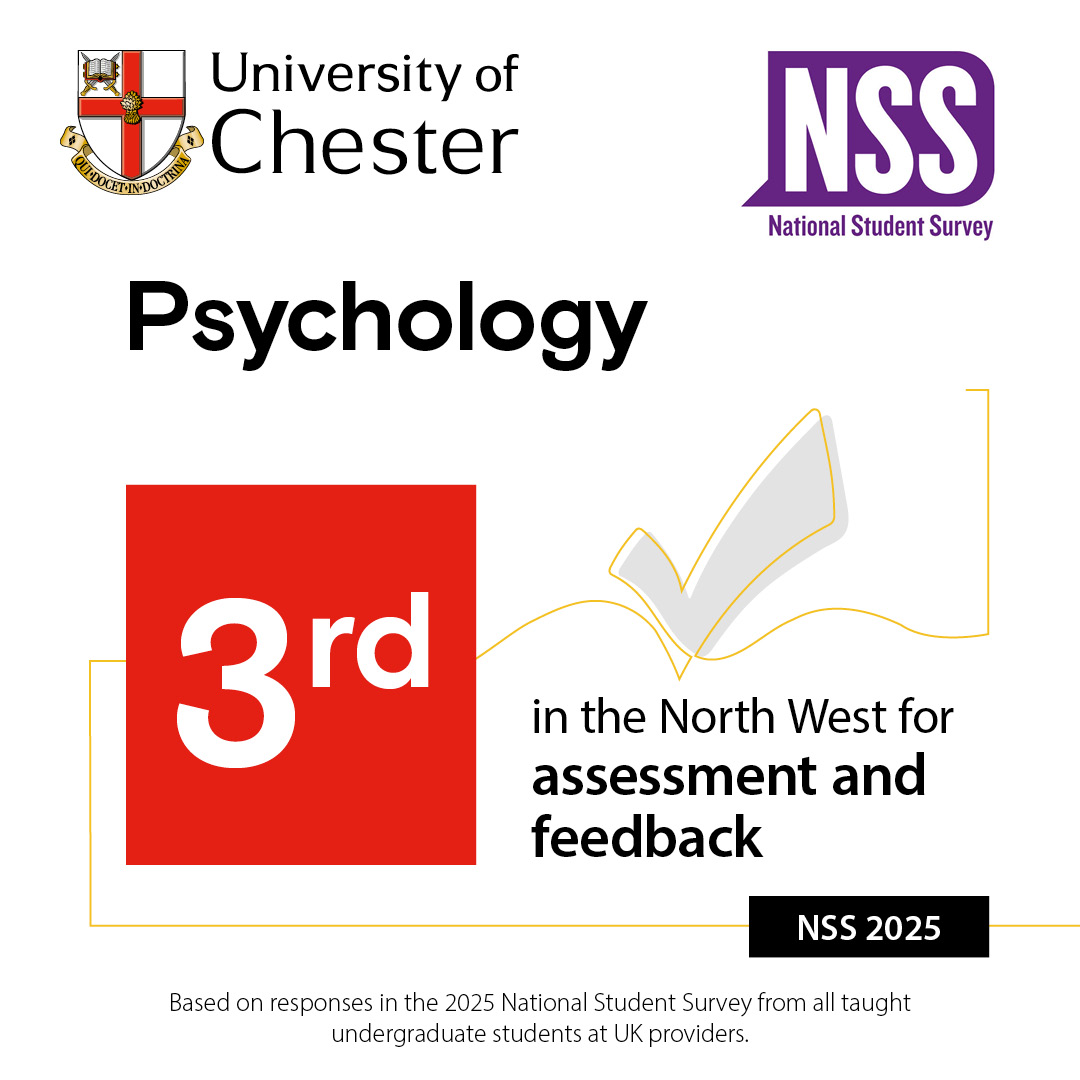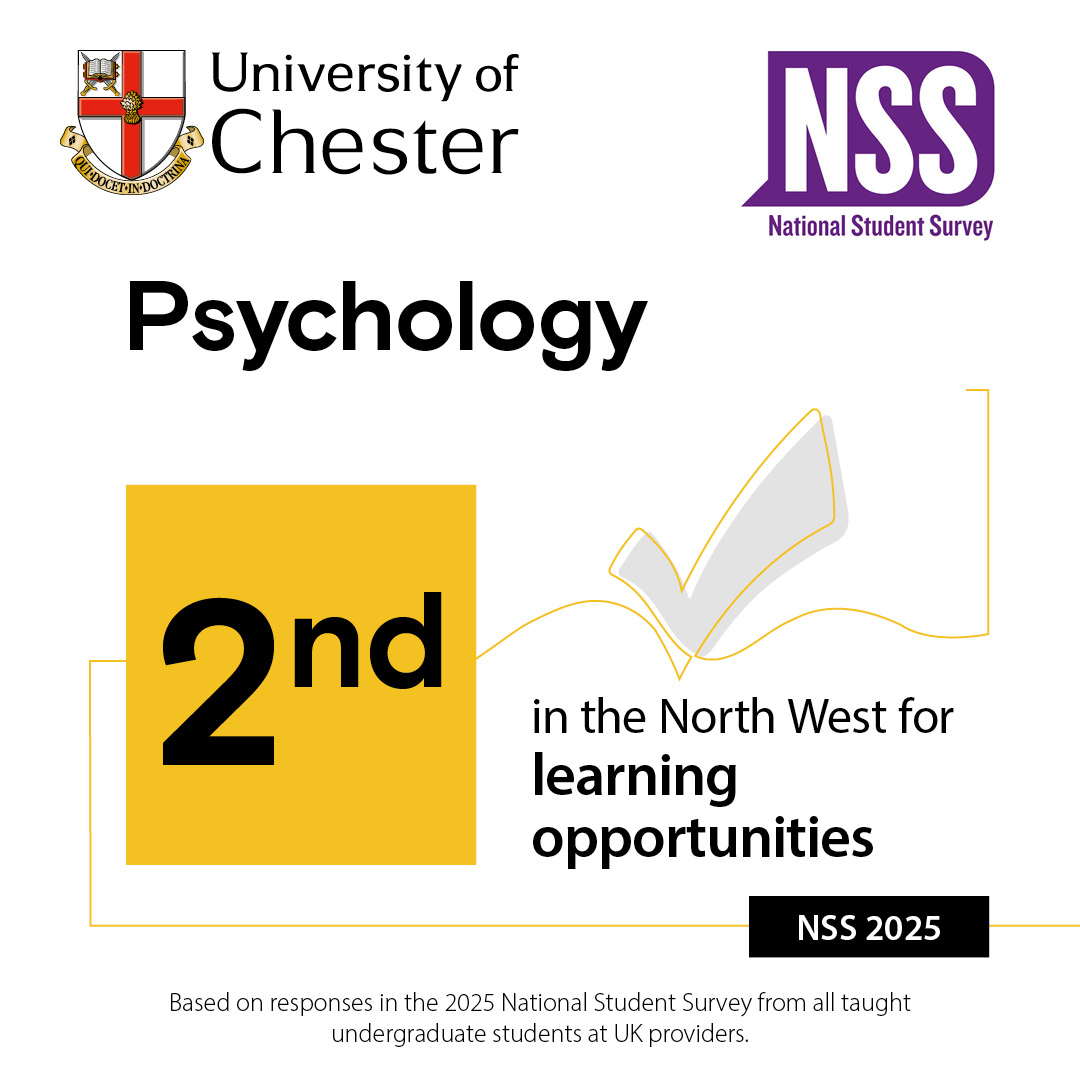112UCAS Points
|
UCAS Tariff |
112 points |
|
GCE A Level |
Typical offer – BCC-BBC Must include A Level Biology |
|
BTEC |
BTEC Extended Diploma (Applied Science): DMM |
|
International Baccalaureate |
26 points, including 5 in HL Biology |
|
Irish / Scottish Highers |
Irish Highers: H3 H3 H3 H3 H4, including H3 in either Biology or Chemistry. Scottish Highers: BBBB including in Biology |
|
Access requirements |
Access to HE Diploma (Science), to include 45 credits at level 3, of which 30 must be at Merit or above |
|
T Level |
T Level Science - Merit |
|
OCR Cambridge Technicals |
OCR Extended Diploma (Applied Science): DMM |
|
Extra Information |
Welsh Baccalaureate Advanced and A level General Studies will be recognised in our offer. We will also consider a combination of A Levels and BTECs/OCRs. A GCSE grade C/4 (or above) in Mathematics and English is required. PLEASE NOTE: We cannot consider GCSE equivalencies but can consider the Edge Hill University GCSE Equivalency Test. |
Students from countries outside the UK are expected to have entry qualifications roughly equivalent to UK A Level for undergraduate study and British Bachelor's degree (or equivalent) for postgraduate study. To help you to interpret these equivalents, please click on your country of residence to see the corresponding entry qualifications, along with information about your local representatives, events, information and contacts.
We accept a wide range of qualifications and consider all applications individually on merit. We may also consider appropriate work experience.
English Language Requirements
- IELTS Academic: Undergraduate: 6.0 (minimum 5.5 in each band)
- Postgraduate: 6.5 (minimum 5.5 in each band)
For more information on our entry requirements, please visit International Entry Requirements.












.jpg)



